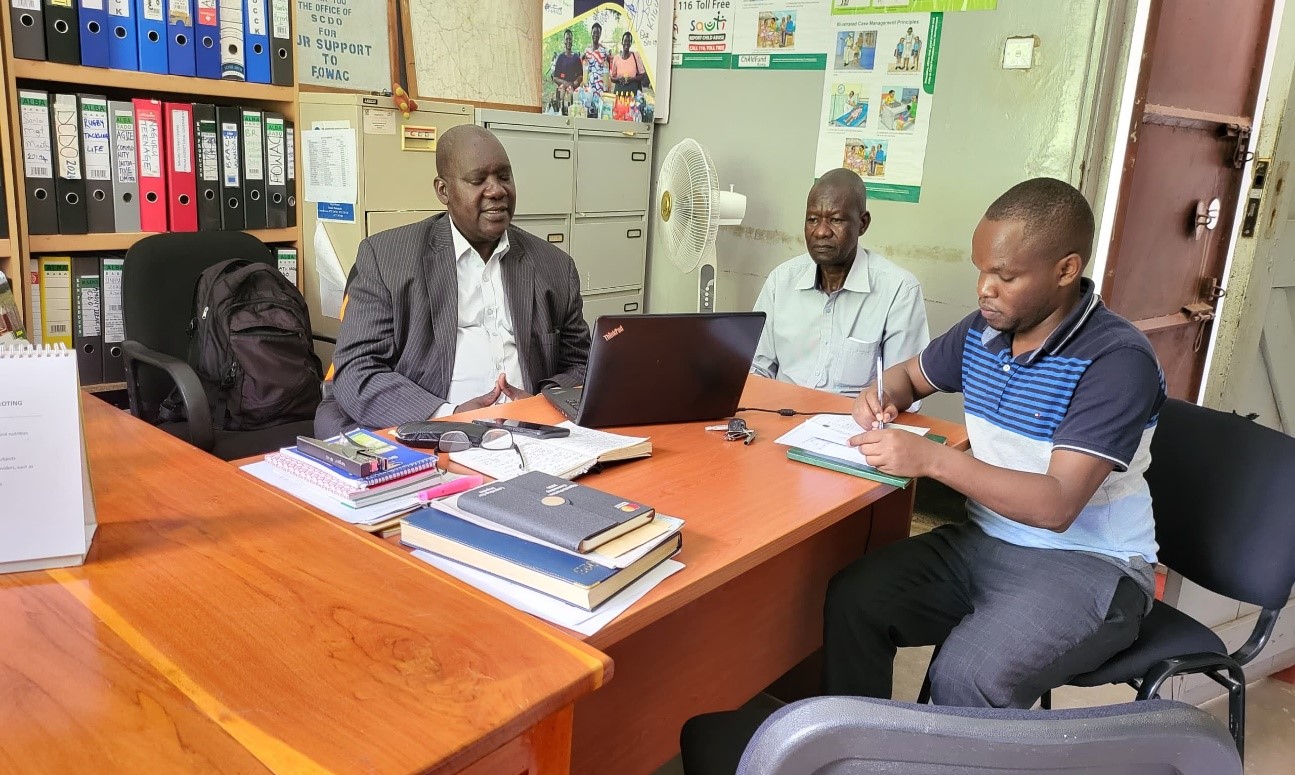Note: The name BL has been used as a pseudonym to maintain confidentiality
BL, a 20-year-old resident of Oryang village in Oryang Parish (Kitgum Matidi Sub-county) in Kitgum District, has faced significant health and social challenges throughout her young life. She was diagnosed with HIV at an early age, and was also a survivor of nodding disease, which created additional health related complications and stigma. Her already challenging situation worsened when a relative who initially provided her with support and shelter abandoned her, leaving her without a home, food, or any form of support. BL’s life became a constant struggle, filled with despair as she had no access to essential healthcare, basic needs, or community support. She was effectively homeless and lacked the resources or hope to pursue treatment or rebuild her life.
During a mobile legal aid camp organized by CEHURD under the “Supporting Uganda’s HIV and TB Reduction Strategic Plans” project funded by The AIDS Support Organization (TASO), BL’s case was brought to the attention of Legal Aid officers and trained paralegals skilled in Alternative Dispute Resolution methods. Recognizing her need for immediate assistance and health support, the community paralegal promptly stepped in to help in offering counselling and referral to the District Human Rights Committee for further assistance. The paralegal further supported her in accessing critical HIV treatment at Kitgum General Hospital, where she was officially enrolled on a treatment program
Recognizing the need for ongoing support, the District Human Rights Committee, also trained by CEHURD in human rights through capacity-building workshops, took further action to support BL’s long-term well-being. They arranged for her to have a caretaker and secured her enrollment in a three-month skills development program under the district’s skilling program by MUJHU (Makerere University-Johns Hopkins University) Research Collaboration. This support has not only improved her health but also empowered her with skills to contribute to her livelihood, providing her with a sustainable path to a better future. CEHURD’s intervention provided BL with a renewed sense of hope. We believe that one’s HIV status should not be a reason for violation of their rights. We encourage integration of people living with HIV into available programmes for the benefit of us all.

